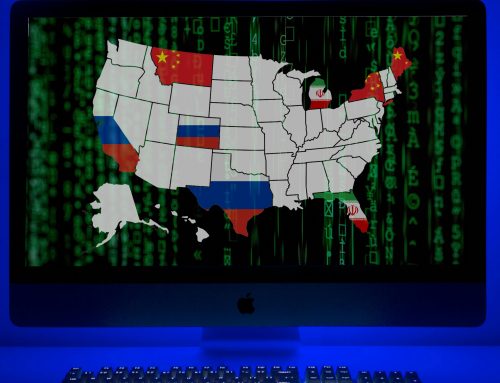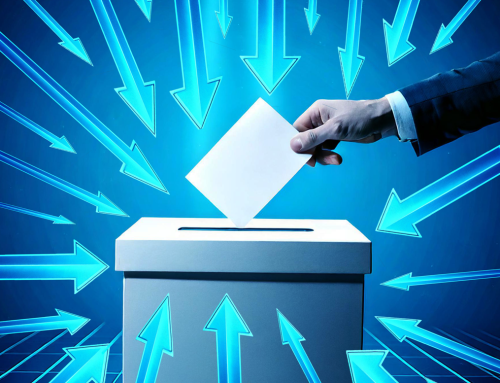The Alliance for Securing Democracy’s David Levine and the Carter Center’s Avery Davis-Roberts make the case that more nonpartisan observation is critical to ensuring the integrity of future elections and provide steps for improving nonpartisan observation, beginning with the 2022 midterms.
Introduction
Though the 2020 election was called the most secure ever conducted in the United States, confidence in the presidential election results remains strongly divided along partisan lines, and bad-faith actors continue to find fertile ground for their efforts to undermine trust in U.S. elections. Deficient and potentially dangerous post-election reviews of the 2020 election, like that in Arizona, have exposed sensitive information about election equipment and data. Leaks of election technology by rogue election administrators have made election infrastructure more vulnerable. Significant numbers of experienced election officials are resigning in response to violent threats.
These developments have coincided with many new state laws that make U.S. elections more vulnerable to potential autocratic interference and do not address proven election administration issues. As two eminent election experts — former Kentucky GOP Secretary of State Trey Grayson and Dr. Barry C. Burden of the Elections Research Center at the University of Wisconsin-Madison — noted, the Arizona Senate review of the 2020 election in Maricopa County used inexperienced, biased personnel and procedures that were not rooted in scientific principles nor justified in terms of convenience and security. As a result, its findings did little more than feed disinformation and conspiracy theories. And in Texas, the governor signed a law that targets local elections officials and poll workers with unwarranted penalties, needlessly empowers partisan poll watchers, and significantly reduces access to voting. Such actions have undoubtedly contributed to the United States being labeled a “backsliding democracy” for the first time. Despite the ongoing efforts by bad-faith actors to make sure the next attempt at U.S. election subversion succeeds, there are few indications that such efforts will be effectively countered anytime soon.
Given the barrage of threats to U.S. elections, more robust election observation efforts — particularly nonpartisan observation — could be critical to helping ensure the integrity of future elections, beginning with the 2022 midterms. Nonpartisan observation could provide an opportunity for the public to learn directly about the election process and give them greater faith that elections are free and fair. It also could help check bad-faith actors actively seeking to undermine confidence in U.S. elections through improper actions or baseless assertions about election rigging and malfeasance. In addition, nonpartisan observation could provide important information to those on the front lines of elections as they strive to continuously improve their election processes.
There was broad agreement among domestic and international experts that while the election results were legitimate, there was not sufficient observation of the 2020 election, in part because of pandemic conditions. This short guide provides a roadmap for ways to help rectify this issue in a manner that can improve the integrity of future elections at a time when we face growing anti-democratic threats both inside and outside our country’s borders. In addition to defining nonpartisan observation, we outline several good practices that balance equal and robust observer access to election processes with the responsibilities of observers to provide accurate assessments of the election.





